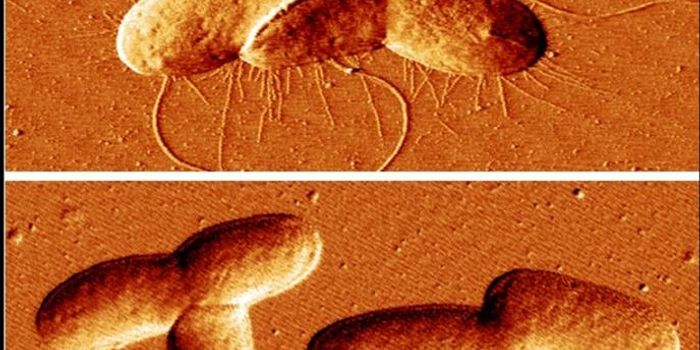In 2021, "Hepatitis Can't Wait"
The hepatitis B virus was discovered by Dr. Baruch Blumberg in 1967. World hepatitis day is commemorated on his birthday, July 28, by organizations like the World Health Organization (WHO) and the Centers for Disease Control and Prevention (CDC). The aim to is raise awareness about hepatitis diseases, which impact an estimated 354 million people around the world. "Hepatitis can't wait" is this year's theme.
There are five types of hepatitis, all of which are caused by viruses. The symptoms of these infections are variable both from one patient to another and from one form of the disease to another. Many cases are mild and people recover on their own. However, deaths from hepatitis are on the rise worldwide. There are vaccines available for some of these disorders, which may affect the liver in more advanced stages.
Hepatitis A is very contagious, and can be contracted from contaminated food and drink or close contact with an infected individual. It usually causes an illness that includes stomach pain, nausea, fatigue, and jaundice, and lasts about two months. There is a vaccine for this form of hepatitis.
Hepatitis B is spread through infected blood or semen. It's quite a variable illness; in some people it might not cause any symptoms and last only a few months, while others have stomach pain and nausea, and may go on to develop a chronic form of the infection. Chronic infection occurs most often in infants that have gotten the disease from infected mothers, and they may develop liver cancer or cirrhosis.
Hepatitis C is spread though infected blood and is mostly associated with needle-sharing during drug use. This illness is also variable, with a short-term, mild form and a long-term, chronic type that can lead to cirrhosis or liver cancer. Some people with a chronic hepatitis C infection never know they are sick, however, and symptoms may only appear when liver disease has progressed to an advanced stage.
Hepatitis D is also spread through contaminated blood and only happens in people who already have a hepatitis B infection. When these happen at the same time, it's called a co-infection. When the hepatitis D exposure occurs after an established hepatitis B infection, it's called a super-infection. The hepatitis B vaccine also protects against hepatitis D.
The hepatitis E virus is also rare, and is usually spread when feces from an infected individual contaminates water that gets ingested. The virus has also appeared in people that have eaten wild boar, pork, venison, or shellfish that's undercooked or raw. The disease may not cause any symptoms, and infected individuals may recover on their own. It may causes some illness, however, in people with compromised immune systems.









